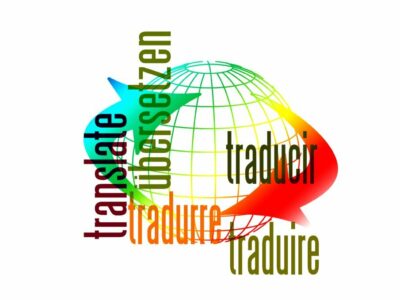The Weekly Writing Tips are a collection of best practices for writing and reporting at Global Voices. August's tips are brought to you by Janine Mendes-Franco, regional editor for the Caribbean.
Welcome to Installment #2 of the August Weekly Writing Tips, in which I’ll be quoting from a handy little book called The Elements of Style, by E.B. White. I’m sure many of us have it sitting on a shelf somewhere; if not, you can always browse through one of the PDF versions.
White was a regular contributor to The New Yorker magazine and the author of children’s books like Charlotte’s Web and Stuart Little, so he knew a thing or two about writing. Here are some of the stumbling blocks he addresses, a few of which get the distinction of being my pet peeves…
Challenge #1
Rambling, generic, non-specifics. Torturous to read, this kind of writing leaves you feeling let down. I once watched a film like that – beautiful imagery, but the plot went nowhere. It’s three hours of my life I’ll never get back.
White's solution?
“Use definite, specific, concrete language […] the surest way to arouse and hold the reader’s attention. The greatest writers […] are effective largely because they deal in particulars and report the details that matter. Their words call up pictures.”
Challenge #2
Over-explaining. And here we have the flip side of #1. We must add context – we’re writing for a global audience – but we should do it in a clear, uncluttered way. This tells readers what they need to know without bogging them down in unnecessary details.
White's solution?
“Do not explain too much […] be sparing.”
Challenge #3
Newfangled spelling. I don’t think this is a challenge within GV (we pretty much use either US or UK spelling whenwriting posts in English), but I see it all the time on social media and on too many occasions have to include “(sic)” next to unconventional spelling in quotations that I use. Texting has really changed the playing field when it comes to what is and is not acceptable, and while I have been known to text “C u l8r”, I don’t really spell that way in a Facebook update or comments thread (Twitter may be the exception to the rule, only because of its character limit). I’d be interested to hear other thoughts on this, though, as I also believe language (and I suppose spelling, by extension) is a fluid and ever-changing form of communication. If it weren’t, our posts would still look like Chaucer wrote them.
White's solution?
“In ordinary composition, use orthodox spelling. The spelling of English words is not fixed and invariable, nor does it depend on any other authority than general agreement. […] From time to time new forms, mostly simplifications, are introduced by innovators, and either win their place or die of neglect. The practical objection to unaccepted and oversimplified spellings is the disfavor with which they are received by the reader. They distract his attention and exhaust his patience.”
Challenge #4
Misused words. The grammarians among us may roll our eyes, but English can be a complicated language that is confusing even to native English speakers. While I personally balk at inaccuracies such as confusing “presently”, which means “soon”, with “at present”, which means “now”, I really like what White has to say about misused words…
White's solution?
“[They] are not so much bad English as bad style, the commonplaces of careless writing[…] the proper correction is likely to be not the replacement of one word or set of words by another, but the replacement of vague generality by definite statement.”
White believed that “the shape of our language is not rigid; in questions of usage, we have no lawgiver whose word is final”. He praised curiosity and questioning, and encouraged his readers to delve deeper into whatever interests them. He’d have made a great addition to GV, wouldn’t he?
Have a great week!




1 comment